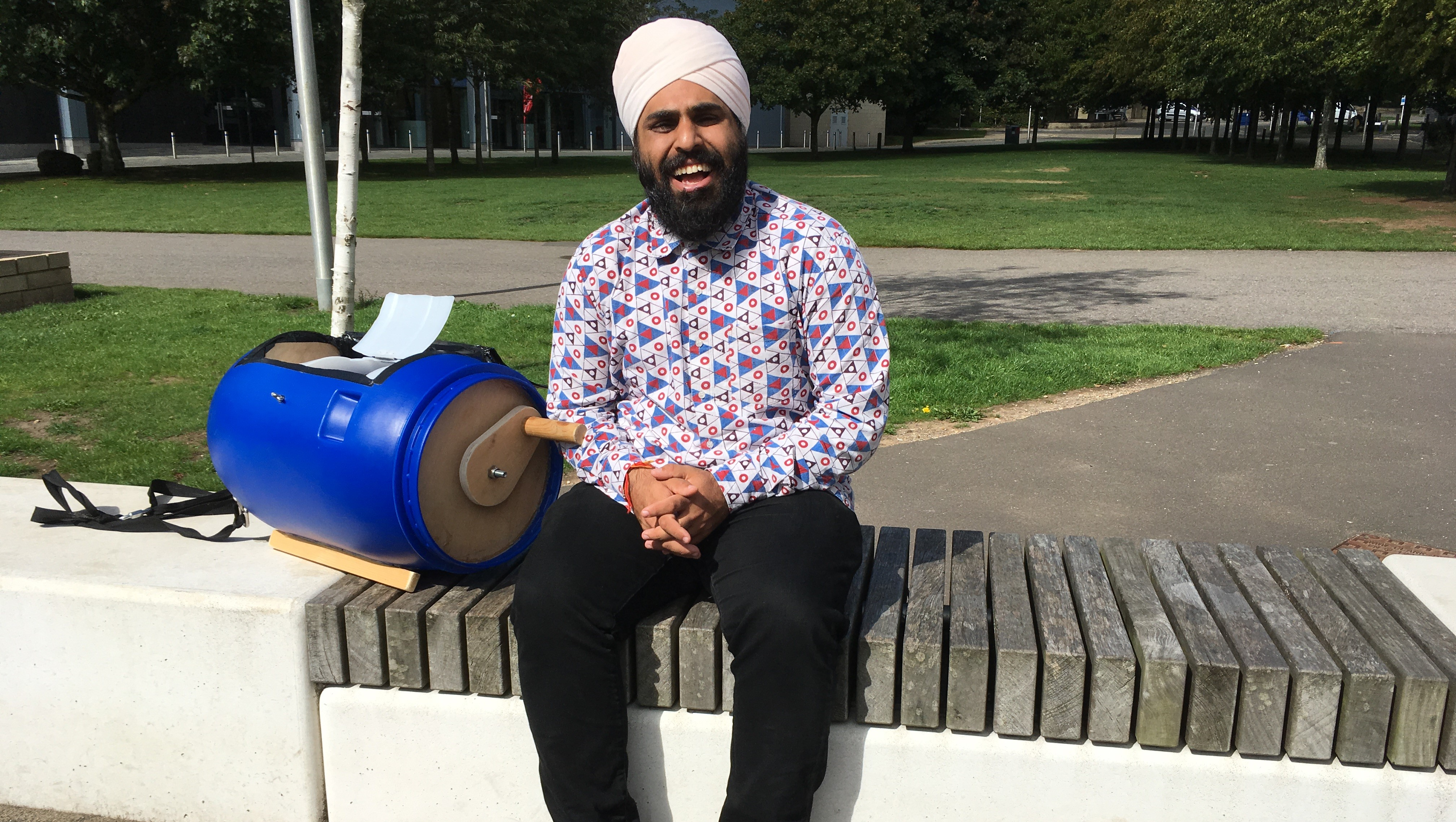Turning my passion into a career
Studying MSc Humanitarianism, Conflict and Development completely changed my life.
I am from Uganda and have always been interested in development work. Before I started the course, I was working in refugee camps in my home country, supporting people from places like South Sudan, Burundi, Ethiopia and Somalia.
This kind of work was a passion of mine, but I wanted to do more to help people. My dream was to work for the UN in a humanitarianism role, but everything I was interested in required a master’s degree in a relevant subject.
I started to look online for distance learning degrees, and found MSc Humanitarianism, Conflict and Development at Bath. It was right for me and was a fantastic experience. I think that if you have a degree from a UK university you're more marketable for international jobs.
Realising my UN dream and finding my role
I started to apply for remote internships during my degree and found one within the UN. To get into an internship with the UN you either need to have a master’s degree, or be studying for one. Because my degree was part-time, I was able to successfully apply and work alongside studying.
So, I packed up and flew to the United Nations Office in Geneva. I was there for six months; it was an amazing experience.
Since completing my internship and graduating, I have gone on to a role as a consultant for the World Health Organisation (WHO). Without my degree and the experience I gained during my internship, I wouldn’t have had this opportunity.
Making big events safer for everyone
The division I’m part of works on mass gatherings. Our research and expertise means we give recommendations to public officials and organisations planning gatherings that will attract large numbers of people. These include the World Cup in Qatar in 2022 and the 2024 Olympic Games in Paris.
We advise on things like infectious diseases and the risks they present. The overall aim of what we do is to keep everyone safe by making sure effective measures are in place and communicated to individuals attending events.
My role within the team is focused on literature reviews and research. I help to create recommendations and measures for upcoming events by investigating previous infectious diseases and their impact. By learning from past events, we can make future events safer.
A dynamic course with an international cohort
Studying Humanitarianism, Conflict and Development was a great experience. The different people you meet through the course gave me a global perspective; I was able to speak to and learn from like-minded people from all over the world.
The cohort was really diverse. There were people from places in East Asia, Africa and the Caribbean. We used email and WhatsApp to keep in touch, and have continued to share ideas and be social.
The modules on the course were really dynamic, with a focus on things that are happening right now. The residential in Bath, gave me the opportunity to meet and work with my peers, and experience the University in person.
My advice for anyone aspiring to study this course and work in humanitarianism
Just go for it. You might think it’s unachievable, but you don’t know unless you try.
I think having a degree like this from a university like Bath will stand you in good stead. I have a stronger CV now and have been able to progress my career.
Also, don't be afraid to reach out to somebody in your cohort. Nearly everyone will be working in a field that interests you and they will have so much information and advice.


